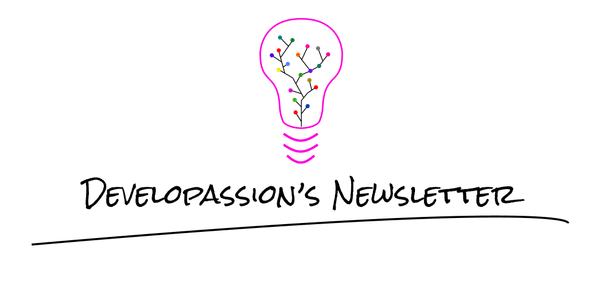Why Take and Make Notes
Discover how note-taking and note-making can transform stress into serenity, enhancing mental health, focus, and tranquility through effective journaling practices
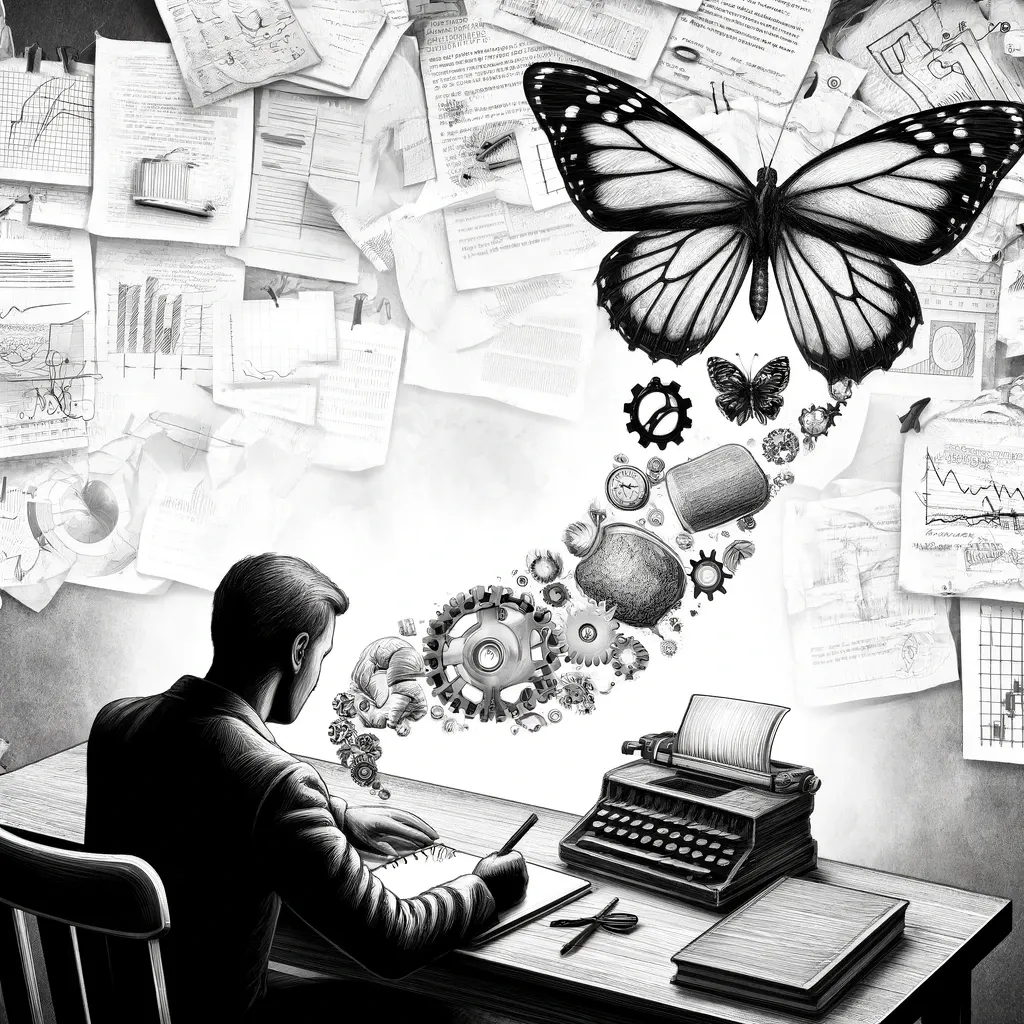
In this article, I'll share some ideas about why note-taking and note-making can change your life for the better (seriously!).
Note-taking and note-making are underrated
Note-taking is an underrated skill. I strongly believe that schools should teach proper note-taking skills as part of their curriculum. Effective note-taking is a superpower.
Similarly, note-making is also underrated. I've written about the difference between the two in another article, but in essence, note-taking is about capturing information and knowledge that comes from the outside world, while note-making is about expressing and capturing what comes from you.
Both can truly be transformative for your personal and professional life. Let me tell you why.
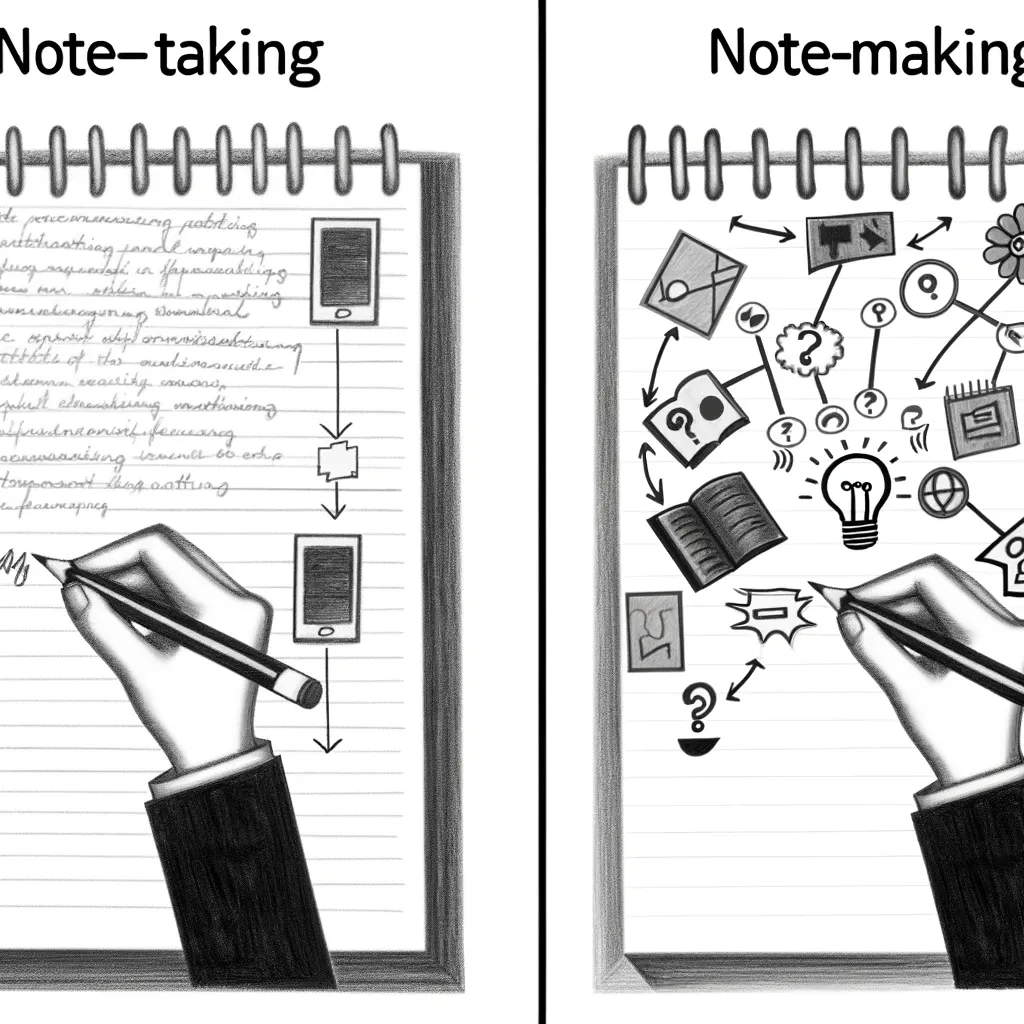
Note-taking helps to learn more effectively
As a lifelong learner, taking notes while learning is truly essential to me. You will never see me without a way to take notes during a conference talk, a lesson, while watching an online course, or while reading a non-fiction book. I even take notes when I meet my therapist 😂.
As I've argued in my article about The Capture Habit, capturing thoughts, ideas and knowledge is key to being able to connect the dots. If you follow a lesson but don't capture the essence of what was presented, it means that you're relying completely on your memory, on the course material, or on other people, all of which are risky. Your memory may fail you at any time, and you might not be able to remember everything you need. The course material might only provide a brief summary, and omit a lot of information that was shared "live". And relying on other people is very risky because they might not be organized, might not care, or might have taken notes that don't "work" for you or that are incomplete.
Note-taking is, in a sense, the inverse of lecture delivery — Ben Schneiderman — Sparks of Innovation in Human-computer Interaction
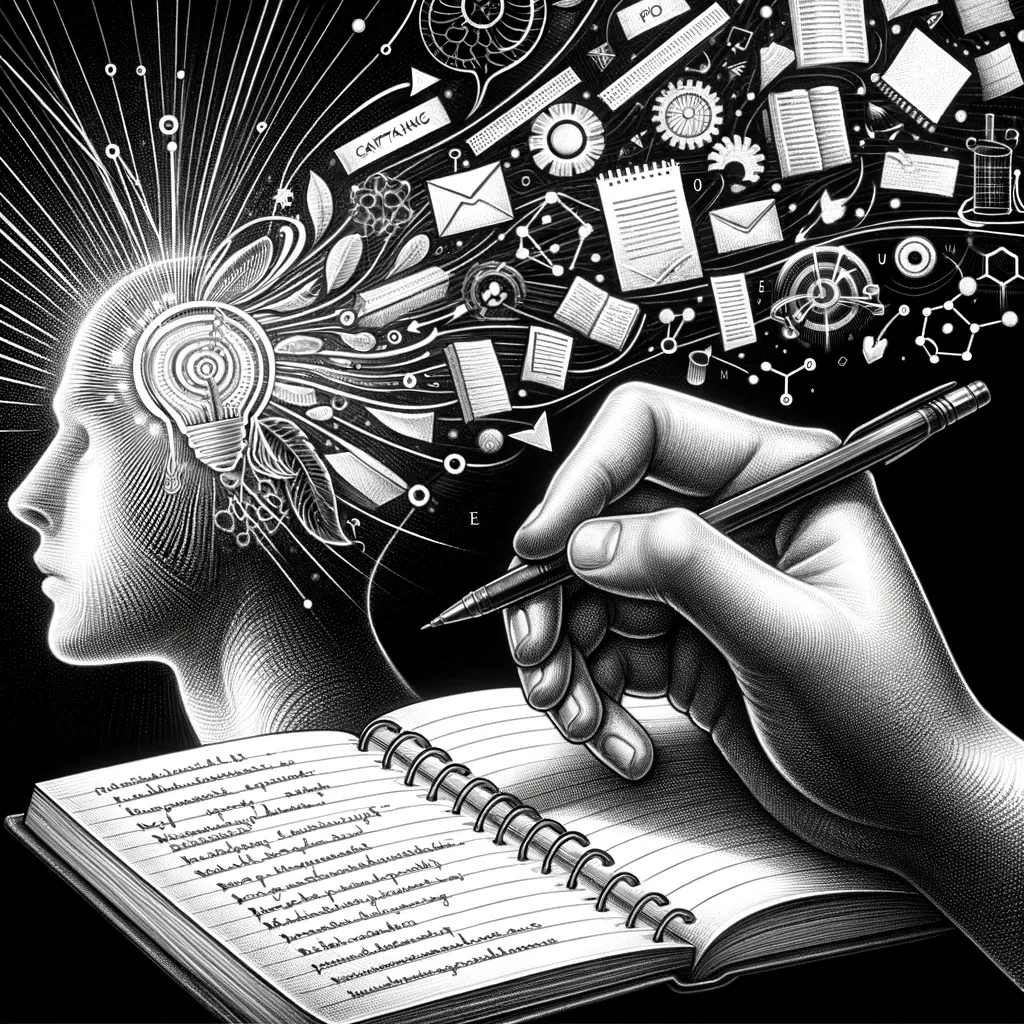
Assuming that you have an efficient and effective note-taking technique (a topic for another day), taking notes will let you capture everything you need. In addition, taking notes will help you memorize at least a part of the information, simply because you need to focus twice while taking notes: once to listen and understand, and once more to express the ideas in your own words.
Armed with your notes, you will later be able to apply the Feynman Technique or similar approaches to make sure you understood the material, identify your knowledge gaps, dive deeper, and study (if you need to).
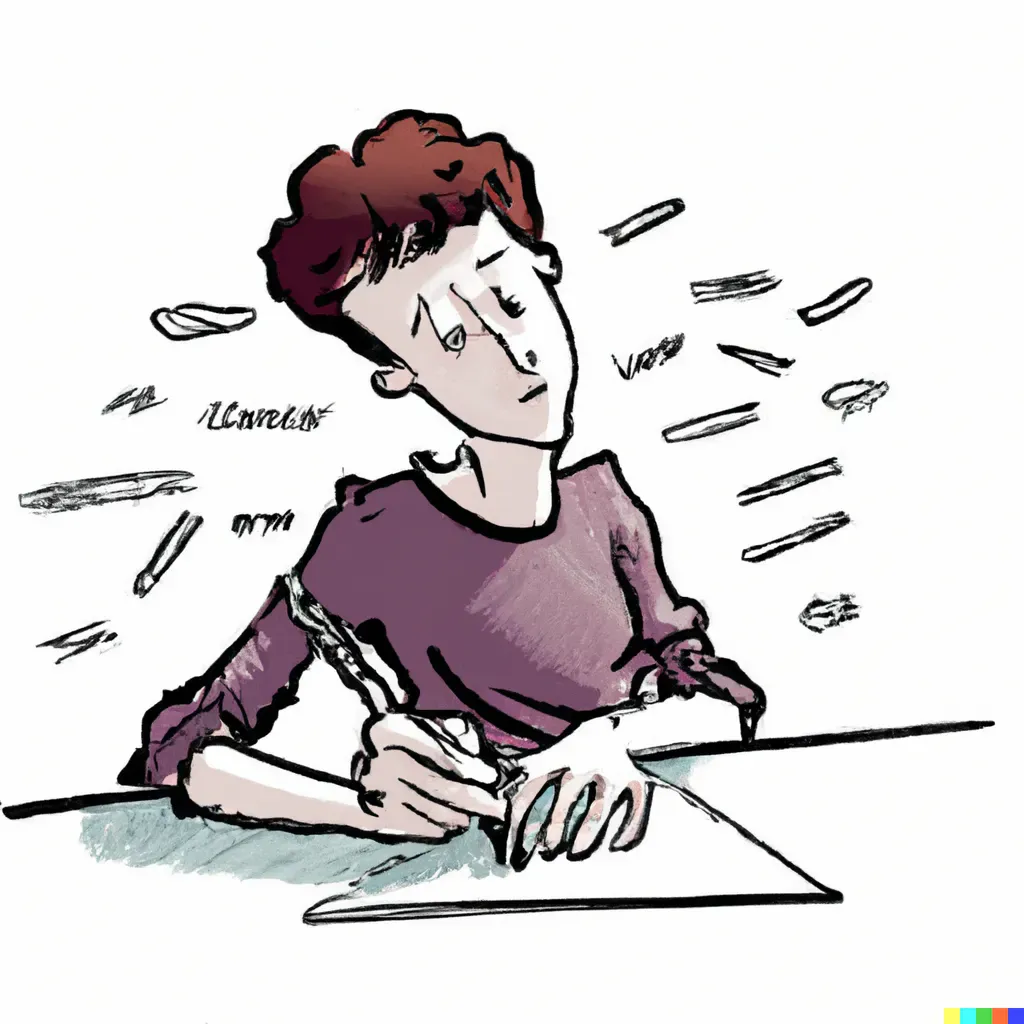
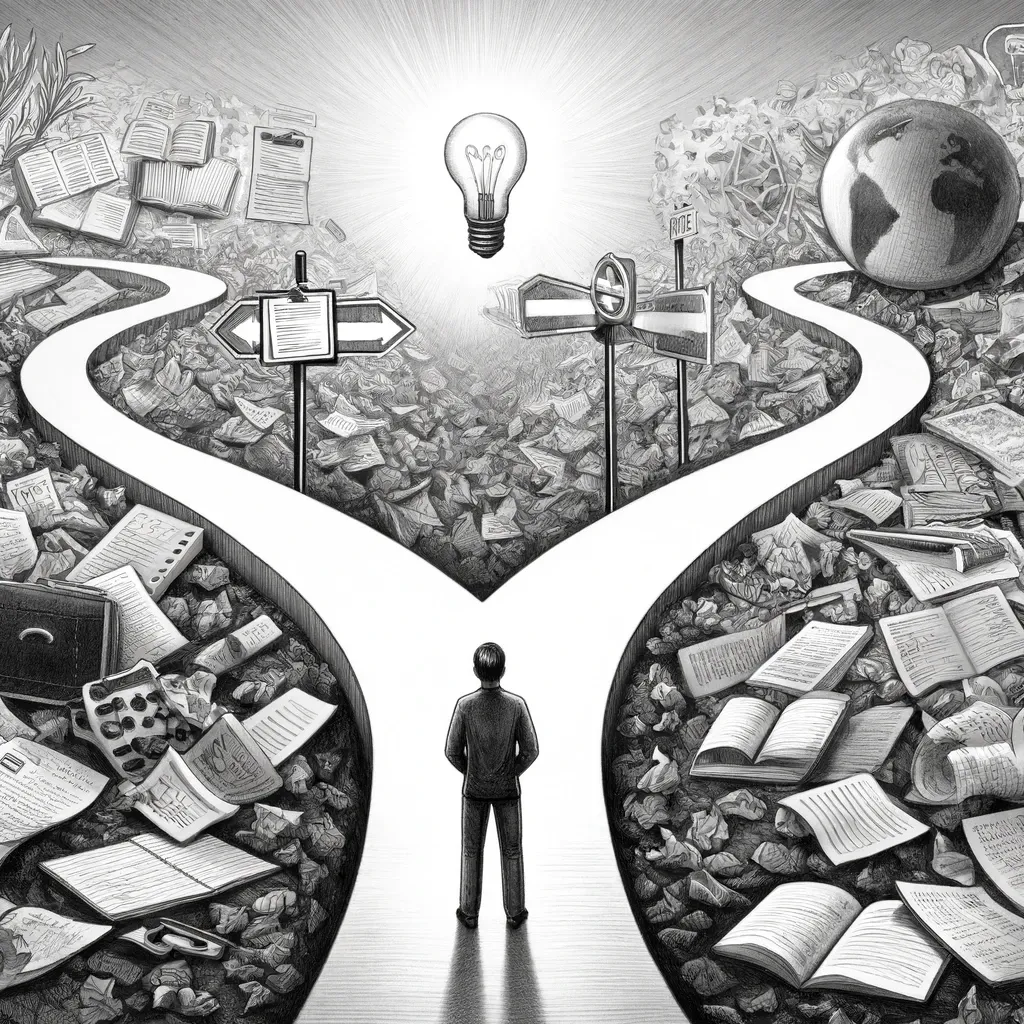
Moreover, taking notes will help you capture important concepts, and make links between those (e.g., using concept maps). The act of taking notes will help you create better mental models. In turn, that deeper knowledge and those mental models will enable you to solve more complex problems.
As an added benefit, your notes will make it possible for you to share your knowledge with others. As such, note-taking can not only transform your own life but also improve other ones. How cool is that?!
Note-taking will help you retain more
If you keep your notes, then you'll always have a reference to come back to. Assuming you have solid notes, you will then be able to quickly remind yourself about ideas. Notes are persisted memories. They're records of ideas you've encountered, and records of your own thinking.
Notes are always evolving. Revisiting those will help you dive deeper, and memorize the important parts (if you need to), for instance using spaced repetition. Also, when you revisit those, you will be able to update them to match your current thinking, make links with new ideas, etc.
By the way, check out the article I wrote about why you should take notes while reading non-fiction books.
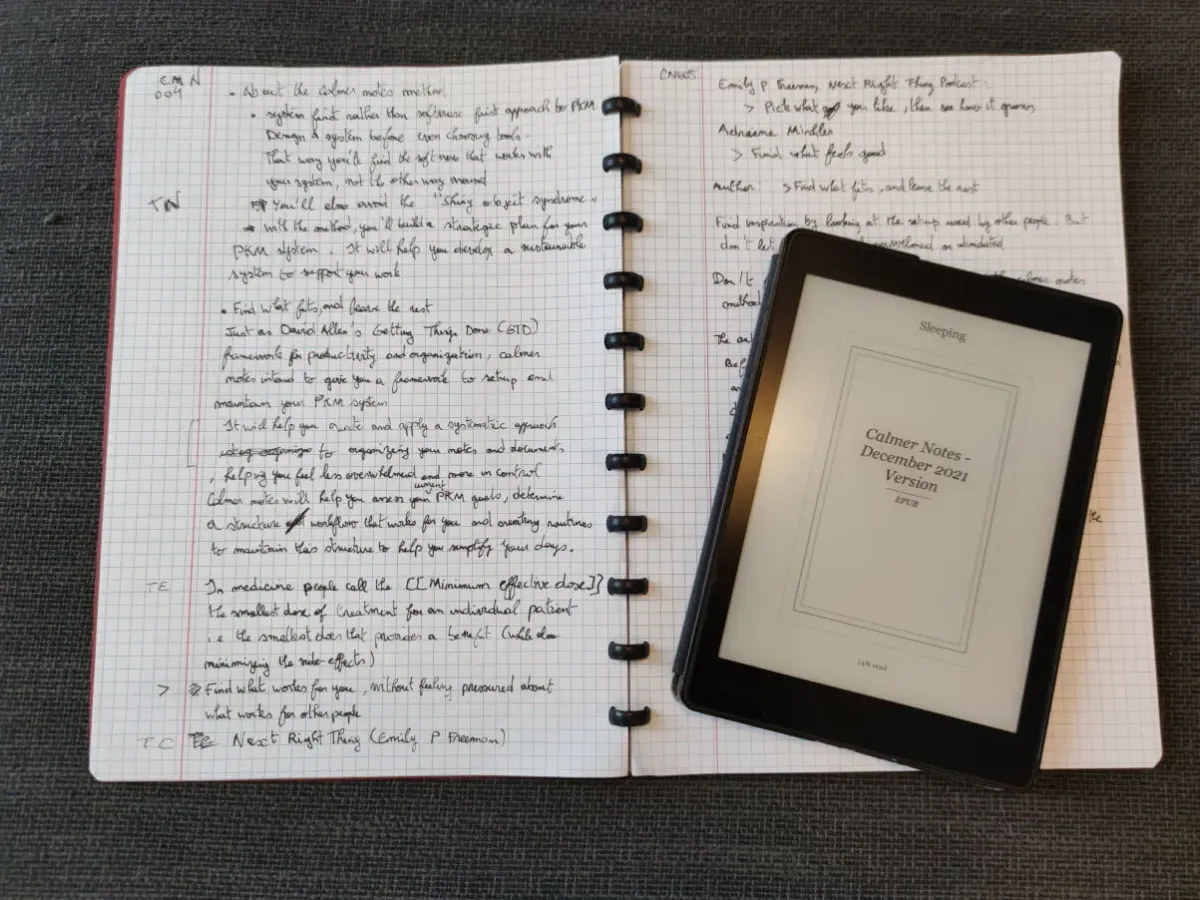
Note-taking helps to be organized and reliable, working as pros do
If you want to be a real professional at work, you need to be organized, structured, and reliable. Note-taking can help you check all of those boxes.
I've written an article a few years ago discussing this topic.
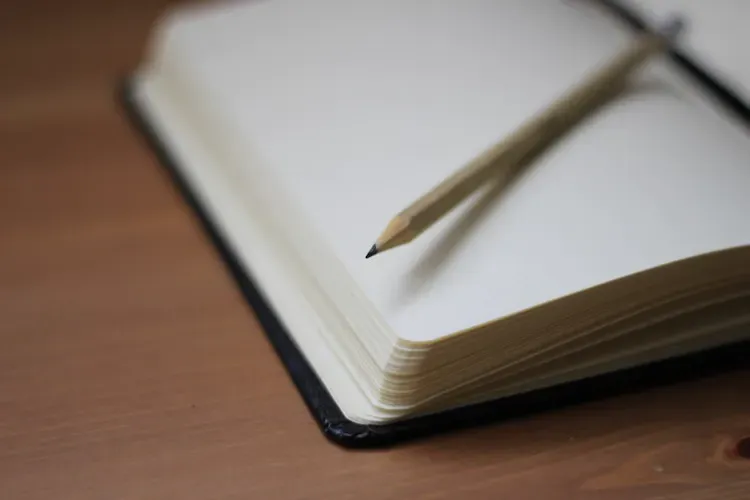
If you don't have time to read it now, then here's the gist of it:
- You can better focus on what needs to be done
- You can take note of all the work you have to do, capture the context, the deadlines, the responsibilities, etc
- You can track your goals
- You can capture meeting notes and know who said what and when
- You can track decisions, when and why they were made
- You can save and restore your mental contexts to improve your productivity
- You can plan your work days/weeks ahead
- You can make plans for yourself and your teams
- You can perform rapid reviews and improve continuously
- You can share information more efficiently
- You can keep track of how you went from A to B
- You can create world-class documentation for you and your teams
- ...
Taking notes at work can have a very positive impact on your career, as it did on mine.
Note-taking keeps you engaged
When you are in a business meeting or in a classroom, your ability to focus your attention is directly related to the end results. If you're daydreaming, then you'll miss the important points, and you won't retain what truly matters. You have to really be there.
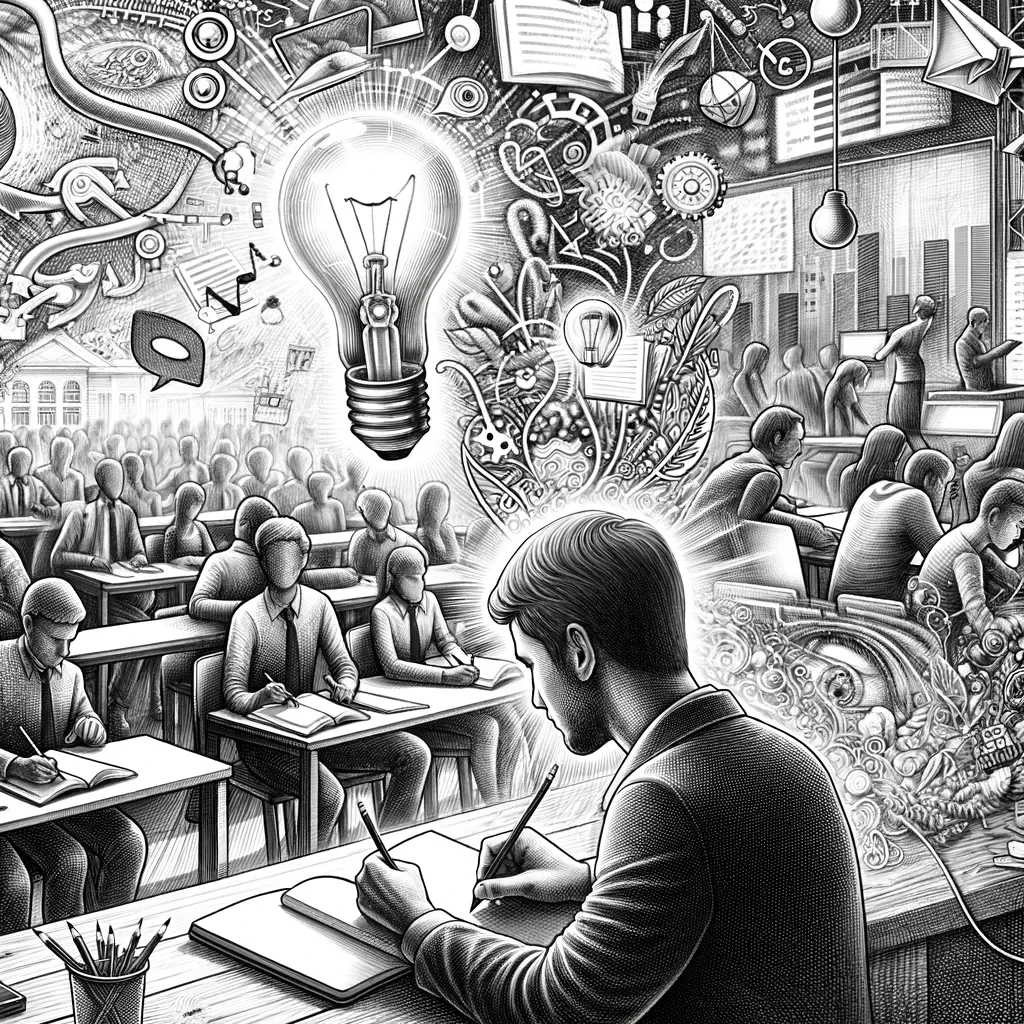
Note-taking is doing. It forces you to be there, focus your attention, and to listen closely. Listening carefully will allow you to better understand.
Note-taking helps to organize information
When you take notes, you are forced to follow the pace. There's no time to waste because the lesson/discussion keeps going, and you have to capture the most important elements. To do so, your brain has no choice but to quickly organize information, identify the key ideas and structure the knowledge. Of course, your ability to do that will improve with practice. It's a skill that you need to develop over time. As your note-taking skills improve, you'll notice that your notes will become more and more valuable.
Organizing the information can also be done in multiple steps. While reviewing your notes, you can reorganize the content in a more logical fashion (e.g., based on the importance/relevance). At that point, having digital notes becomes much more practical.
Note-taking helps reduce stress
When you're stressed, taking notes can help you reduce your stress level. The simple act of writing helps reduce stress because it channels your attention and makes you think, which leaves less room for your stress and fears to take all your energy.

Note-taking helps to be more organized, objective, and realistic
During my recent breakup, taking notes helped me a great deal to remain objective and realistic. Instead of focusing on the pain and sadness, I took notes to organize myself, make plans, and focus on the next steps. Doing that not only helped me clarify my situation but took me from a sad, past-focused state to an enthusiastic, forward-looking one. This truly made a world of difference.
That's the beauty of note-taking. You take notes, organize those, structure ideas and thoughts, and turn those into actionable plans. Then, all you need is willpower to turning those into reality (a story for another day). This is also related to stress reduction. Having clear plans is reassuring, empowering, and avoids being overwhelmed.
Note-taking can help you go from idea to success
Great ideas are not made to fly around. They need to be transformed.
As I've argued in my article about The Capture Habit, words fly away, while writings remain. Capturing your best ideas is the first step to turn those into reality. Taking notes of your ideas will allow you to explore those further. This will help you be objective about their value, their feasibility, etc. Also, once you dive deeper and turn one into a project, making plans will once again turn a vague idea into something you can make real and tangible.
In a sense, note-taking can help you increase your luck surface area. The more ideas you turn into reality, the more you increase your chances to "be lucky" and be successful.

Note-making makes you more creative
Making notes is a great way to explore ideas. It's no wonder that there's a deep correlation between note-making and creativity. When you take notes and make notes, you create and uncover connections between seemingly unrelated ideas.
If you combine the capture habit with note-making, you'll be able to mix your own ideas and those of others to derive new ones. And that's what creativity is all about.
As an author and content creator, my notes are incredibly valuable. Anything that I capture can later be reused, transformed, mixed, adapted, etc.
Note-making can help you learn more about yourself
Note-making is a fantastic way to help you learn more about yourself. By writing your thoughts and feelings down, you can learn about your mental state, make the unconscious conscious, discover more about how you think and feel about the world, etc.
As I've mentioned, note-making is about writing down what comes "from the inside". It means your thoughts, your ideas, your "aha" moments, your life experiences, your feelings, etc. Of course, you don't have to write it all down, it doesn't make sense. But writing the important things down can make a huge difference.
Note-taking and note-making can change your life
Taking notes can help you learn, which can already make a huge difference in your life. You can also leverage note-taking as well as note-making to plan and organize your life (e.g., decide who you want to be in 10 years and make plans to get there), deal with grief, deal with tough life challenges, and become a better version of yourself, day after day.
As a starting point, I strongly recommend journaling. You might have pre-conceived ideas about journaling, so I recommend you to read the articles I've written on the topic:

You need a system
Hopefully, by now you should be convinced that note-taking and note-making are really valuable. But you might be wondering about how to get started...
My first recommendation is simple: start with pen and paper. Buy a notebook and take simple notes. Don't worry about techniques at first. Focus on clarity. But if you keep your notes around, which I strongly recommend, then that will quickly become messy unless you learn more about knowledge organization techniques. That's why I also recommend using a digital note-taking solution such as Obsidian to act as your single source of truth.

Consider your paper notes as transient. You need those for practical reasons, but they're temporary. You need to transform the important ones into digital notes whenever possible.

If you're serious about note-taking and knowledge management, then at some point you will want to explore topics such as the PARA method, the Johnny Decimal system, the LIFT principle, why and how to tag notes, Maps of Content (MoCs) or the Zettelkasten method. Those are not mandatory, but based on my experience, they're really useful to stay organized and avoid ending up with a mess. And you can find more here:

And for those of you who are in a hurry and want to go from zero to hero quickly, check out my Obsidian Starter Kit. It's a solid starting point based on my own knowledge management system. I've also published an overview of my system.
At the end of the day, what matters is that you design a system that works for you, whatever that is. As Richard Branson said:
It doesn’t matter how you record your notes. As long as you do.
I've published a video about this topic:
Conclusion
In this article, I've shared thoughts about why note-taking and note-making can change your life. I've given a number of concrete examples, but these are just the tip of the iceberg. It's an immensely useful skill to develop
I hope that you will at least give note-taking and note-making a serious try!
That's it for today! ✨


